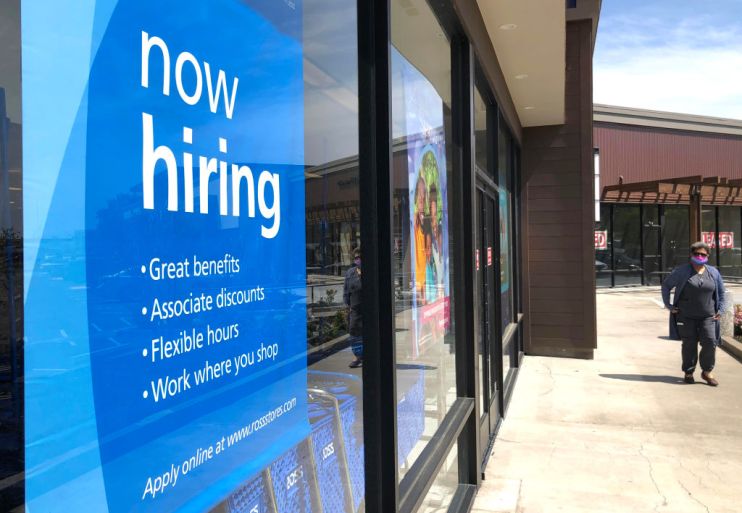Worker shortages persist as pool of candidates shrinks at record pace

The number of workers ready to start a new job plummeted at its fastest pace on record last month, indicating the severe worker shortages that have put the UK economy in a vice are likely to persist, according to fresh figures published today.
Research by accountancy firm KPMG and the Recruitment and Employment Confederation shows the supply of candidates for jobs fell at its fastest pace since the two organisations started tracking the data.
The sharp decline in worker availability has been driven by reluctance among Brits to switch jobs or remain in industries they have historically worked in due to concerns over the viability of roles in the long term.
A reduction of EU workers as a result of the Covid crisis and Brexit has intensified a mismatch between the supply and demand of labour, KPMG and REC said. Ongoing furlough use also restricted candidates from flowing into the labour market.
The organisations pointed to a severe skills shortage leaving firms struggling to find qualified candidates to fulfill roles. The UK has been suffering from a paucity of HGV drivers, which has resulted in many sectors of the economy having to mothball work due to not receiving stock necessary to deliver services.
Road haulage chiefs estimate there is an around 100,000 deficit of HGV drivers in the UK.
Claire Warnes, head of education, skills and productivity at KPMG UK, warned the end of the furlough scheme may intensify friction in the UK labour market instead of clearing chronic worker shortages.
“This crisis isn’t going away, and the winding down of the furlough scheme at the end of September – while potentially bringing more job hunters to the market – could also add fuel to the labour shortage fire,” she said.
“Many businesses will have changed their business model during the pandemic, and so significant numbers of staff returning from furlough may need reskilling to rejoin the workforce in the same or another sector.”
Growing competition for staff, compounded by shrinking labour supply, put upward pressure on starting pay. Salaries for new permanent staff rose at the fastest pace on record, fuelling concerns that inflationary pressures in the economy may prove to be stickier than expected.
The Bank of England has reiterated its position that recent price spikes are due to supply chain constraints that will likely clear as businesses hoover up available resources. The Old Lady expects inflation to reach four per cent by the end of the year.
However, its internal ranks have started to voice concerns about the appropriateness of its ultra-accommodative policy stance amid surging inflation. Michael Saunders, a member of its ratesetting committee, said on Tuesday the Bank may have to tighten policy if growth and inflation rise at an unsustainable rate.
The Bank will announce its next decision on interest rates and its bond buying programme on 23 September.